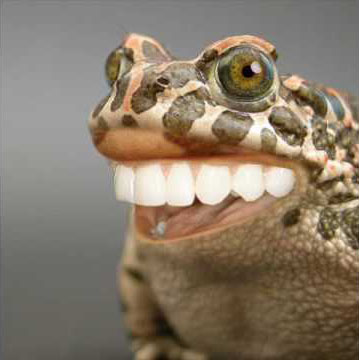
https://en.wikipedia.org/wiki/Buffalo_buffalo_Buffalo_buffalo_buffalo_buffalo_Buffalo_buffalo
“Buffalo buffalo Buffalo buffalo buffalo buffalo Buffalo buffalo” is a grammatically correct sentence in English that is often presented as an example of how homonyms and homophones can be used to create complicated linguistic constructs through lexical ambiguity. It has been discussed in literature in various forms since 1967, when it appeared in Dmitri Borgmann’s Beyond Language: Adventures in Word and Thought. The sentence employs three distinct meanings of the word buffalo:
- As an attributive noun (acting as an adjective) to refer to a specific place named Buffalo, such as the city of Buffalo, New York;
- As the verb to buffalo, meaning (in American English[1][2]) “to bully, harass, or intimidate” or “to baffle”; and
- As a noun to refer to the animal (either the true buffalo or the bison). The plural is also buffalo.
A semantically equivalent form preserving the original word order is: “Buffalonian bison that other Buffalonian bison bully also bully Buffalonian bison.”



Tbh, neither did I until I read it hahaha